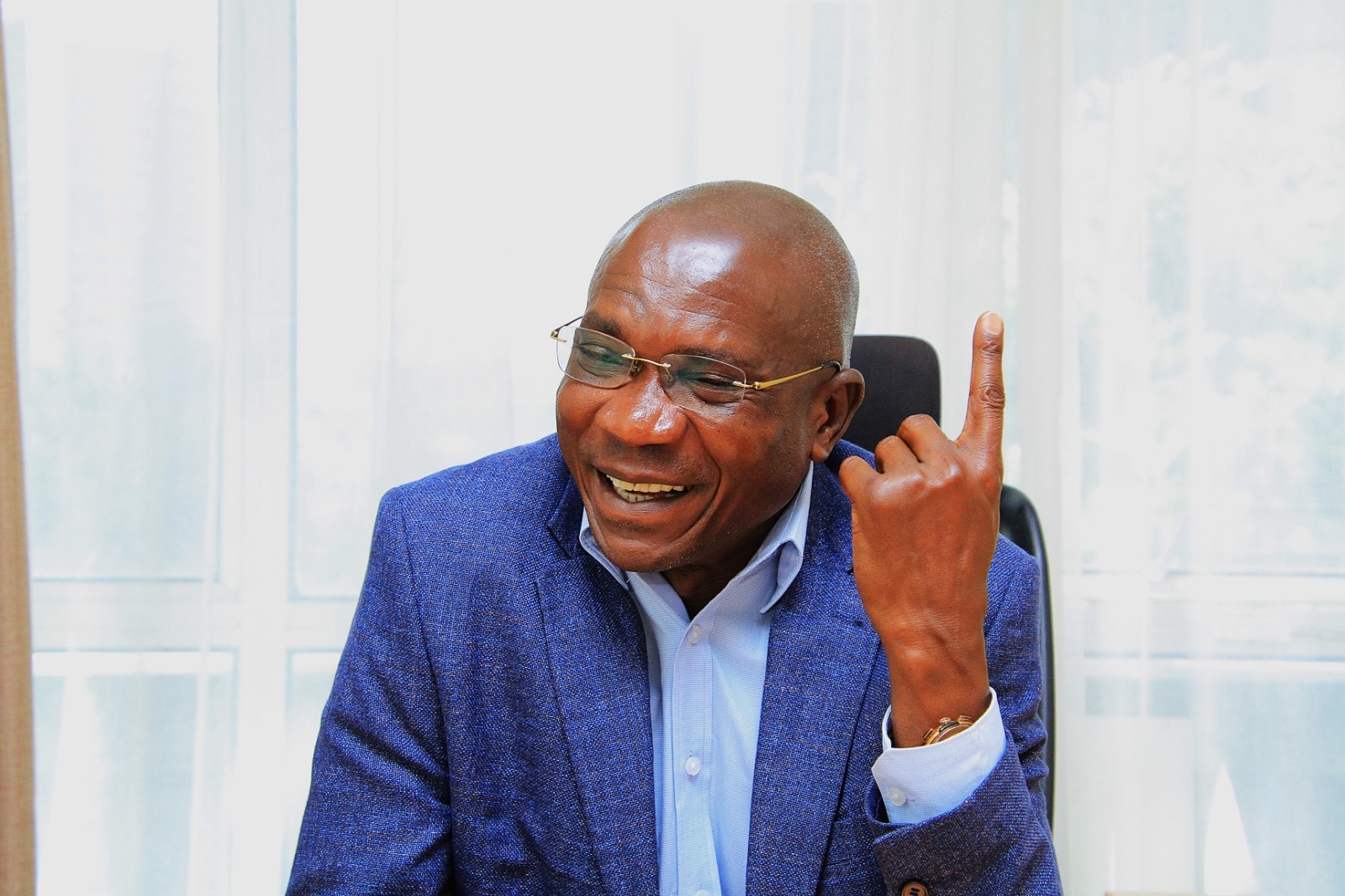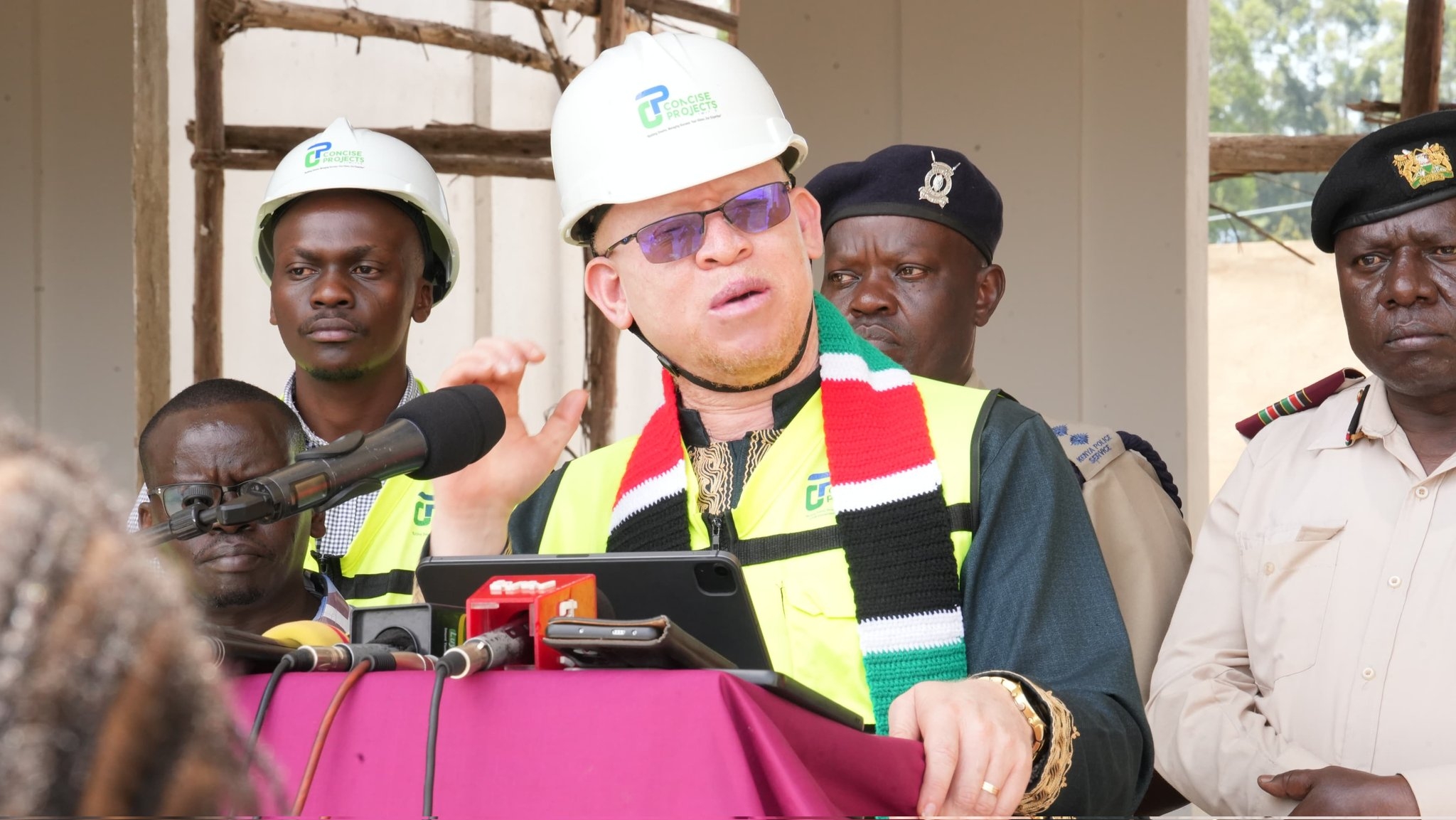Imagine a case where someone close to you is subjected to sexual violence.
Or the person who has been sexually violated is yourself. What would be the first point of action?
Should you shower? Should you go back and keep quiet? Or should you go and report immediately?
Well, according to the Kwale County Court Users Committee, the Standard Operating Procedures on Management of Sexual and gender-based violence cases has highlighted what needs to be done.
In their procedures and guidelines launched on July 4, 2024, the committee encouraged victims not to take a shower or change his or her clothes.
"If the victim has changed his or her clothes, carefully pick up and carry the clothes in their state wrapped in a non-plastic bag," the guidelines read.
The victim should use a khaki envelope to put the clothes or if you are accompanying someone to the nearest health facility or police station.
"Every actor who attends to the victims of gender-based violence shall do so guided by the victim-centred approach," it read.
But at the same time, the guidelines note that this should be done while at the same time observing the human rights and fundamental freedoms of the suspected perpetrator.
Community Members
Members should help the survivor/victim access medical attention and examination and also have the case reported to the police.
Success at this level will be through obtaining a filled form from a health facility, and a filled P3 form at the police station.
If community members are witnesses to the crime, they must record statements at the police station and testify in court when bonded by the police or summoned by the court.
The investigating officer should relay the message to the prosecutor immediately he receives it, and actively participate in the investigation.
Actors who include; Child Protection Volunteers, Community Health Promoters, Paralegals, Gender Champions, Religious Leaders, Village Elders, and Teachers should listen to the survivor with dignity, and empathy and maintain confidentiality.
They should support and accompany the survivor immediately or as soon as reasonably possible to the nearest Health Facility or Police Station;
Sensitise the community on how to report to the relevant authorities.
Offer psychosocial support to the survivors/victims and caregivers; and document all the referrals.
Civil Society Organisations
According to the procedures, CSOs should support and defend the victims and survivors of SGBV in collaboration with other stakeholders.
It is expected that the CSOs should follow up on SGBV cases, and report the case to the nearest health facility, Police Station, or Children Officers.
They should also support survivors in accessing justice; provide legal aid services and conduct community dialogues and sensitisation.
They should also provide continued psychosocial support to survivors and caregivers; and cooperate with stakeholders in the criminal justice system.
"Keep records and provide data to the children officers, court, health facility, police or any other relevant office as the case may be; and lobby for resources for implementation of policy," the guidelines read.
National Police Service
This arm should direct all SGBV cases to the Gender Desk; (ii) promptly escort the victim to the nearest Medical Facility for treatment and collection of evidence;
Provide a P3 form without payment; ensure the P3 form is duly filled in, dated and signed by the Medical Practitioner, before collection;
Explain to the victim and the witnesses the processes involved in the trial process, explain to the victim and the witnesses their rights, roles and obligations in the trial process;
Record witness statements promptly, clearly and legibly.
Visit the scene without any delay to collect or gather evidence and ensure that the evidence collected complies with the law.
Office of the Director of Public Prosecution (ODPP)
Required to, immediately after the plea is taken, supply the accused with the evidence the prosecution intends to rely on against him/her.
As Officers of the court, the ODPP is expected to participate in and help the court in arriving at a just and fair decision.
Court
Evidence of SGBV cases should be taken in camera and the court should provide and enable mechanisms for the protection and support of survivors.
Within 14 days of Plea taking or sooner as is reasonably possible, it should fix a date for case Pretrials and Active Case Management.
The court should proactively ensure SGBV cases are fast-tracked and expedited.
When releasing the accused persons on bail or bond, ensure that accurate and functional contact addresses and residential addresses of the accused and sureties are obtained and maintained.
The court should disseminate cause lists at least seven days in advance and disseminate notices of changes in circumstances affecting cases immediately such circumstance arises or as soon as is reasonably possible.
These procedures were developed by the Kwale Court Users Committee with support from International Justice Mission and other partners.
















